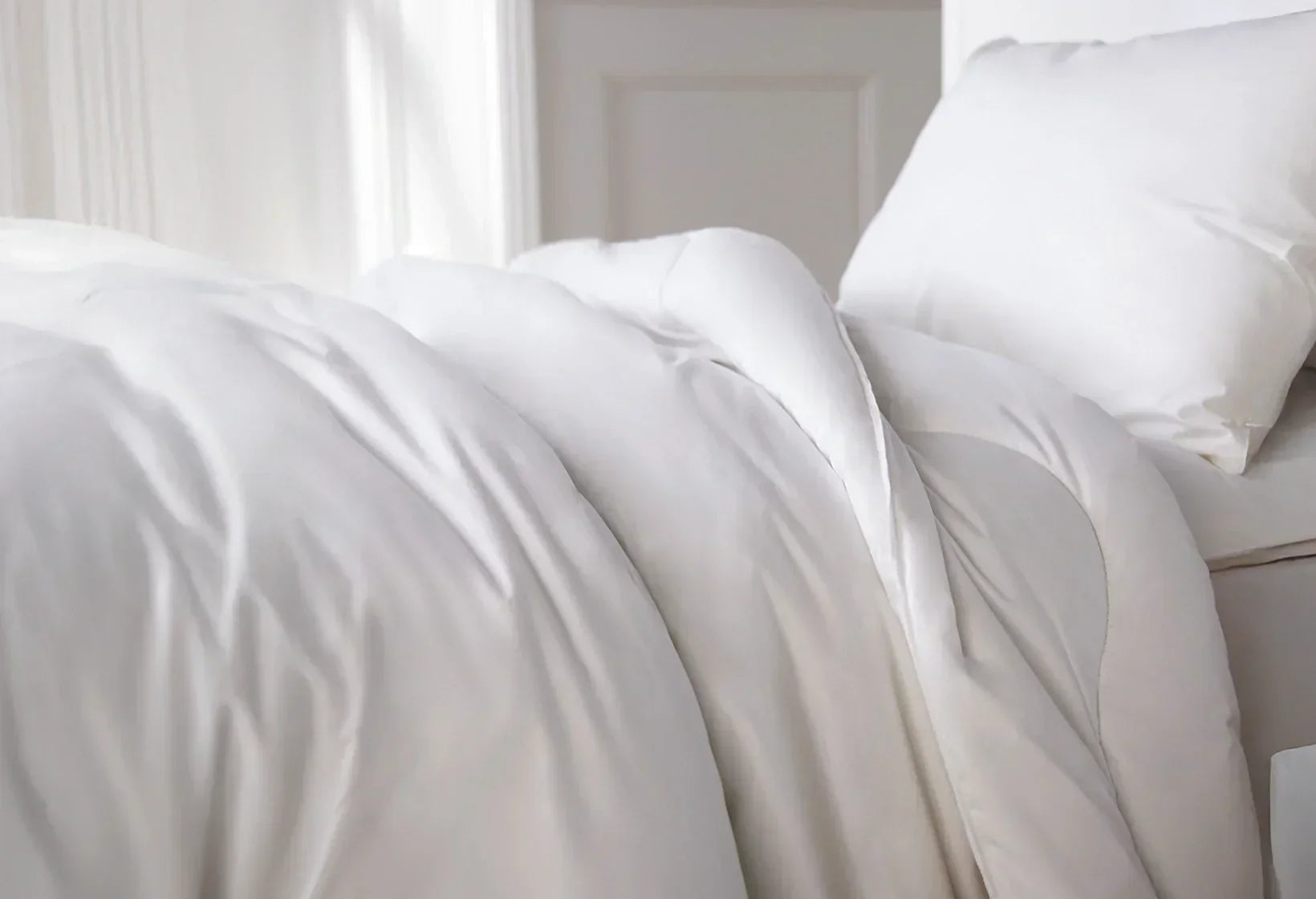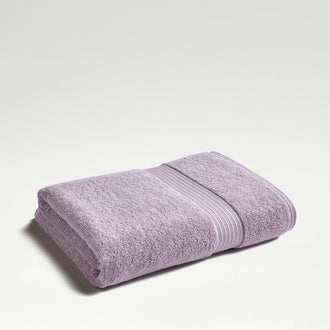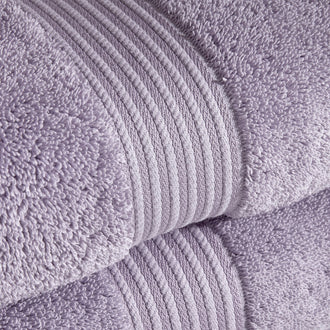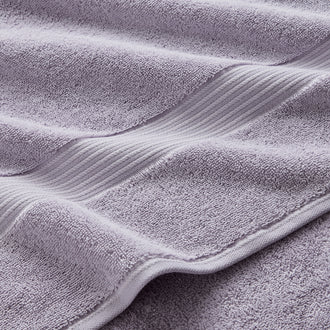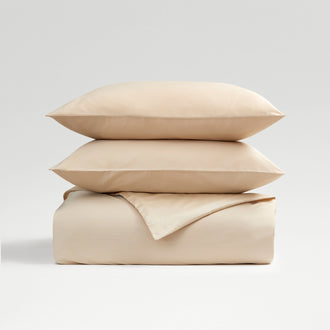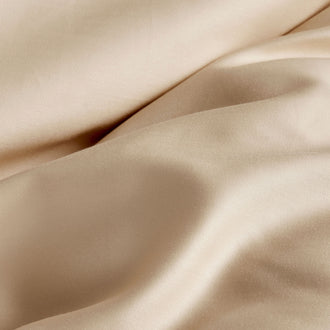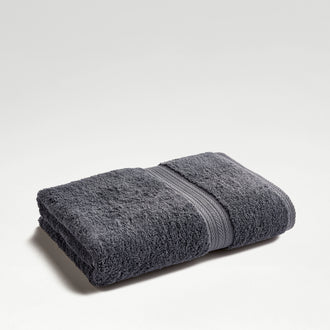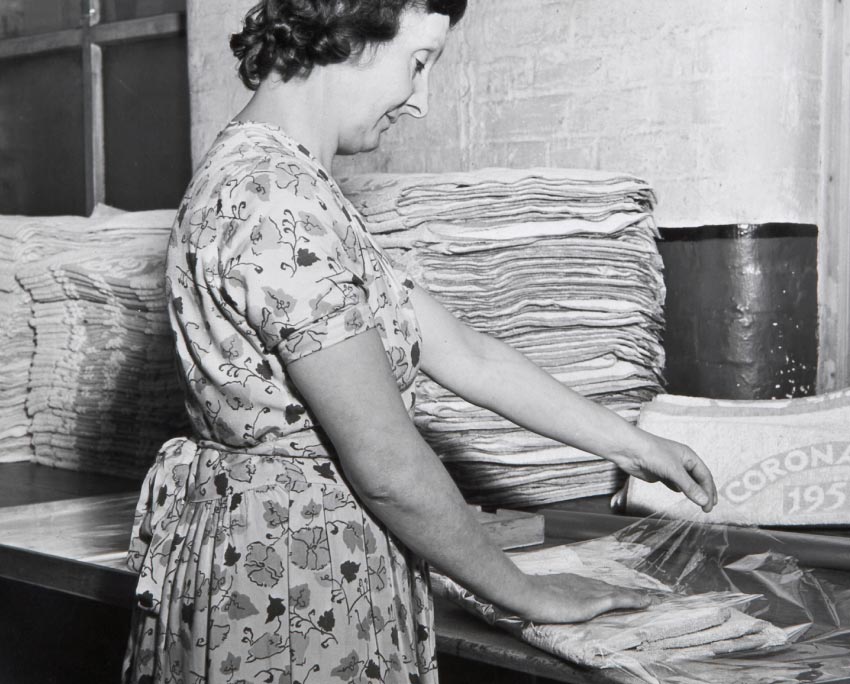lifestyle
How Often Should You Change Your Duvet?
A warm and cosy duvet is a key component of a restful slumber - but how often should you change your duvet to enjoy healthier and better quality sleep?
Using our decades of expertise in crafting bedding, the experts at Christy are on hand to provide answers about just when you should replace your duvet. We’ll also look at the tell-tale signs that your duvet needs changing and how to increase the lifespan of the product.
Think it’s time to change your duvet? Explore our range of premium duvet sets at Christy and transform your sleep.
How often do experts recommend changing your duvet?
Regular use of your duvet can cause the materials inside to deteriorate over time. Experts advise you should consider replacing your duvet every five years, especially if you are using the same duvet every night.
However, the lifespan of a duvet can vary depending on the quality of the product and the duvet filling inside. Premium duvet fillings, like a feather and down duvet, are made to withstand the test of time. Especially when given proper care and attention.
3 signs that your duvet needs replacing
While sleep experts recommend replacing your duvet every five years, there are several signs you can look out for that signify it might be time to change your duvet:
1. It’s become flat and lumpy
Over time and through regular use, any type of duvet filling will eventually lose its fluffiness, be it feather and down, luxury microfibre, or any other duvet style. When your duvet appears flat and lumpy, it’s usually a sign that the filling has collapsed inside.
2. It’s no longer clean
We recommend washing your duvet every 6 months to keep dust mites at bay. If you notice your duvet is coming out of the wash still stained with use, despite following the instructions on the label, it might be time to replace it.
As well as regularly cleaning your duvet, an anti-allergy duvet is great for stopping dust mites in their tracks. You can also invest in high-quality protective covers for your mattress, pillows, and duvet to keep them cleaner for longer.
3. The filling is leaking
As time goes by, the filling of your duvet may start to shift. This can be especially noticeable around the stitching where the filling has room to escape. Replacing your duvet with a premium duvet that uses fabrics with a high thread count can help prevent the filling from leaking, and make your duvet last longer.
How to increase the lifespan of your duvets
Taking proper care of your bedding is essential if you want it to stand the test of time, just like any other product. When considering how often should you replace your duvet, it’s worth keeping the following care tips from our experts in mind to also increase its lifespan:
1. Choose high-quality duvets
A high-quality duvet will not only help you get better-quality sleep but will last significantly longer before it needs replacing. Opting for a luxury bedding brand, like Christy, will ensure the product has been crafted using only premium fabrics and with the sleep satisfaction of the customer in mind.
High-quality duvets will also have high-quality fillings. Natural fillings, like goose down and down and feather, are more breathable than their synthetic counterparts and will keep you warmer. Premium duvets will also come with high-quality casing. Our experts recommend choosing a duvet with a cotton casing for top breathability and temperature regulation.
2. Use high-quality duvet covers
Investing in high-quality duvet covers can extend the longevity of your duvet by shielding it from dust, allergens, and oil produced by your skin overnight. While duvet covers can’t protect your duvet from all moisture, their role as a barrier can significantly prevent the majority of oils from getting inside.
Premium duvet covers can also be washed more easily and regularly than duvets, and won’t lose their shape or softness when you put them through the washing machine. Duvet sets are also quicker and more simple to dry than duvets themselves.
3. Don’t over-wash your duvets
Washing your duvet every 6 to 12 months is important to prevent dust mites. However, over-washing your duvet can cause the filling to become lumpy and shift around. We instead recommend refreshing your duvet by airing it outdoors, especially when the weather is dry and breezy.
Alternatively, if you can’t air your duvet outside, or your duvet is in direct sunlight on the drying line, you can leave it on your bed and let fresh air flow through an open window. To ensure your duvet maintains its shape, we also advise shaking it out with your pillows before you make the bed in the morning.
So, how often should you change your duvet?
Sleep experts suggest that you consider replacing your duvet after five years of use, but keep in mind that the lifespan may vary depending on the quality of the duvet you invest in. For premium duvets that stand the test of time, look no further than Christy.
Our high-quality duvets and pillows come with a range of fillings and have been carefully crafted to ensure you get the best night's sleep, every night. Whether you’re a hot or cold sleeper, we offer a wide variety of premium duvets in a number of different togs.
With the finest fabrics and elegant designs, our bedding collection will also protect your duvet from dust and allergens, ensuring your duvet stays as good as new for years to come.
